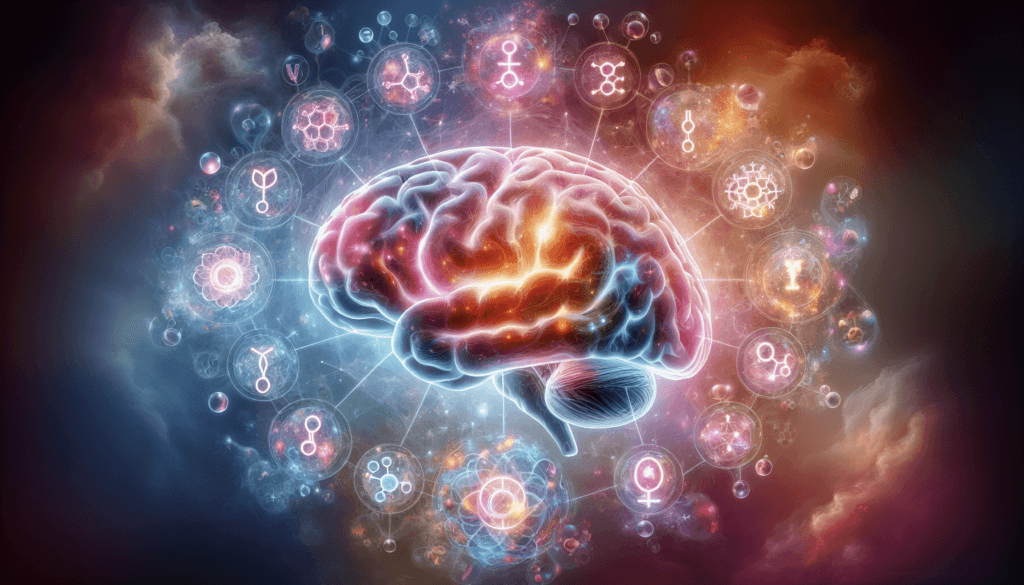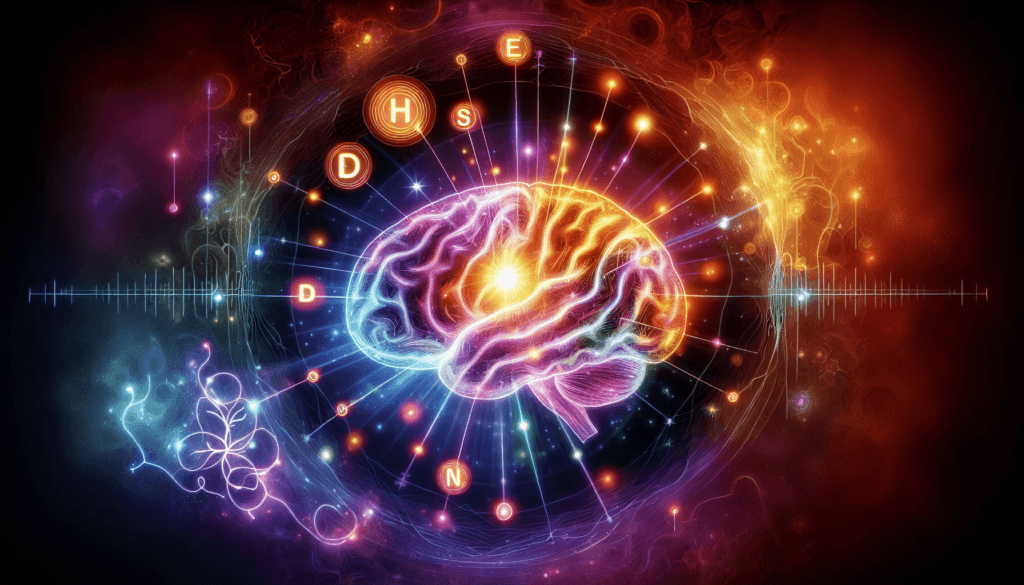Have you ever pondered the invisible forces within your body, steering your mood, energy, and even your sense of well-being? It’s a curious thought, isn’t it? At the heart of this intricate internal orchestra are hormones, remarkable chemical messengers that communicate seamlessly within your body. Understanding these hormones can be a fascinating journey—a path to self-knowledge that reveals not only who you are but also how you function.
Introduction to Hormones
Hormones are extraordinary substances produced by glands in your endocrine system. They act as messengers, traveling through your bloodstream to tissues and organs, regulating a diverse range of processes within your body. From influencing growth, metabolism, and mood, to controlling reproductive processes and sleep cycles, hormones are essential to maintaining your body’s homeostasis—a balanced internal environment—keeping everything in sync.
The Endocrine System: Your Body’s Command Center
Table of Contents
Your endocrine system can be thought of as your body’s command center for hormone production. It consists of different glands, each responsible for secreting specific hormones that influence various physical and psychological processes. But don’t worry—while this may sound complex, we’ll break it down so it feels like you’re getting to know these structural components as trusted friends.
Key Glands and Their Functions
- Pituitary Gland: Often termed the “master gland,” this is crucial for regulating other glands.
- Thyroid Gland: Controls your metabolism, how your body uses energy.
- Adrenal Glands: Produce hormones like cortisol, which helps you respond to stress.
- Pancreas: Manages blood sugar levels by producing insulin and glucagon.
- Gonads (Ovaries/Testes): Responsible for reproductive hormones like estrogen, progesterone, and testosterone.
Hormones and Their Vital Roles
Now that you have an idea of where these hormones come from, let’s introduce some of the major players and their pivotal roles.
Hormones of Growth and Development
Growth Hormone (GH): Secreted by the pituitary gland, GH is a pivotal hormone in stimulating growth, cell reproduction, and cell regeneration. It plays a vital role during childhood, influencing height, muscle mass, and bone development, and continues to support tissue repair throughout your life.
Thyroid Hormones (T3 & T4): These hormones, produced by the thyroid gland, are critical for regulating metabolism and energy utilization.
Hormones That Impact Mood and Mental Health
Serotonin: Often called the “feel-good hormone,” serotonin is essential in regulating mood, social behavior, appetite, digestion, sleep, memory, and sexual desire.
Dopamine: This hormone and neurotransmitter is associated with pleasure and reward mechanisms in the brain. It plays a substantial role in motivation, productivity, and focus.
Stress Hormones
Cortisol: Known as the “stress hormone,” cortisol is produced by the adrenal glands. It’s crucial for helping your body respond to stress, maintaining balanced blood sugar levels, and reducing inflammation.
Adrenaline (Epinephrine): Another hormone from the adrenal glands, adrenaline increases heart rate and energy levels during stress. It’s what you feel during a fight-or-flight response.
Reproductive Hormones
Understanding these hormones provides insight into processes ranging from puberty to menopause and everything in between.
Female Hormones
Estrogen: Primarily produced in the ovaries, estrogen is essential for the development of female secondary sexual characteristics and reproductive function.
Progesterone: Produced following ovulation, progesterone prepares the body for pregnancy and regulates menstrual cycles.
Male Hormones
Testosterone: Though known as a male hormone, testosterone is found in both men and women. It’s essential for male development, influencing bone mass, fat distribution, muscle size, and robust red blood cell production.
Hunger and Energy Hormones
Insulin: Secreted by the pancreas, insulin plays a key role in allowing cells to take in glucose for energy.
Leptin and Ghrelin: Known as the ‘hunger hormones’, leptin signals satiety while ghrelin signals hunger.

Benefits and Importance of Hormones
Hormones are the unsung heroes of your body, playing critical roles that keep your bodily functions normal and healthy.
Metabolism: Hormones like thyroid hormones burn calories, converting them to energy that powers your body.
Mental Health: A balance of serotonin and dopamine is key to your mood stability and overall sense of well-being.
Growth and Development: Growth hormone and sex hormones ensure that your body develops during puberty and regenerates effectively throughout life.
Stress Response: Cortisol’s role is paramount during stress, influencing energy usage and managing your body’s stress response.
Reproductive Health: Reproductive hormones are vital for sexual function and fertility. They are pivotal during different life stages, such as puberty, pregnancy, and menopause.
How to Figure Out Your Hormone Type
Knowing your hormone types and understanding their nuances can provide remarkable insights into your physical and emotional well-being. Here’s how you might begin this exploration.
Recognizing Symptoms
Certain symptoms can indicate a hormonal imbalance, providing clues about which hormones may be out of balance. Symptoms vary from weight gain, fatigue, mood swings, to sleep disturbances.
Testing and Diagnosis
Consulting with a healthcare provider to undergo hormonal testing can be illuminating. Blood, urine, or saliva tests can assess hormone levels, helping diagnose any imbalances.
Lifestyle and Dietary Adjustments
Diet, exercise, and stress management are powerful tools for maintaining hormonal balance. Foods rich in healthy fats, regular physical activity, and mindfulness practices can support balanced hormone levels.
Professional Guidance
Working alongside endocrinologists or nutritionists can tailor specific interventions and lifestyle modifications to your unique hormonal profile—a personalized path to achieving balance and optimal health.

Conclusion
This journey into the world of hormones is not just a scientific expedition; it’s a pathway into understanding who you are. Within the vast network of hormones lies insight into your growth, mood, energy, and reproduction, playing vital roles in your daily life and long-term health. By recognizing the signs, understanding the roles of various hormones, and seeking professional guidance, you empower yourself towards a deeper understanding of your body. This path of self-knowledge invites you to cultivate a greater appreciation for these silent messengers that ebb and flow through life, influencing much more than meets the eye.
Reflect on this exploration. What insights have surfaced for you, and how might this knowledge inform the way you live, work, and interact with the world? Each new understanding of your hormonal landscape is a step towards a balanced and fulfilling life.




